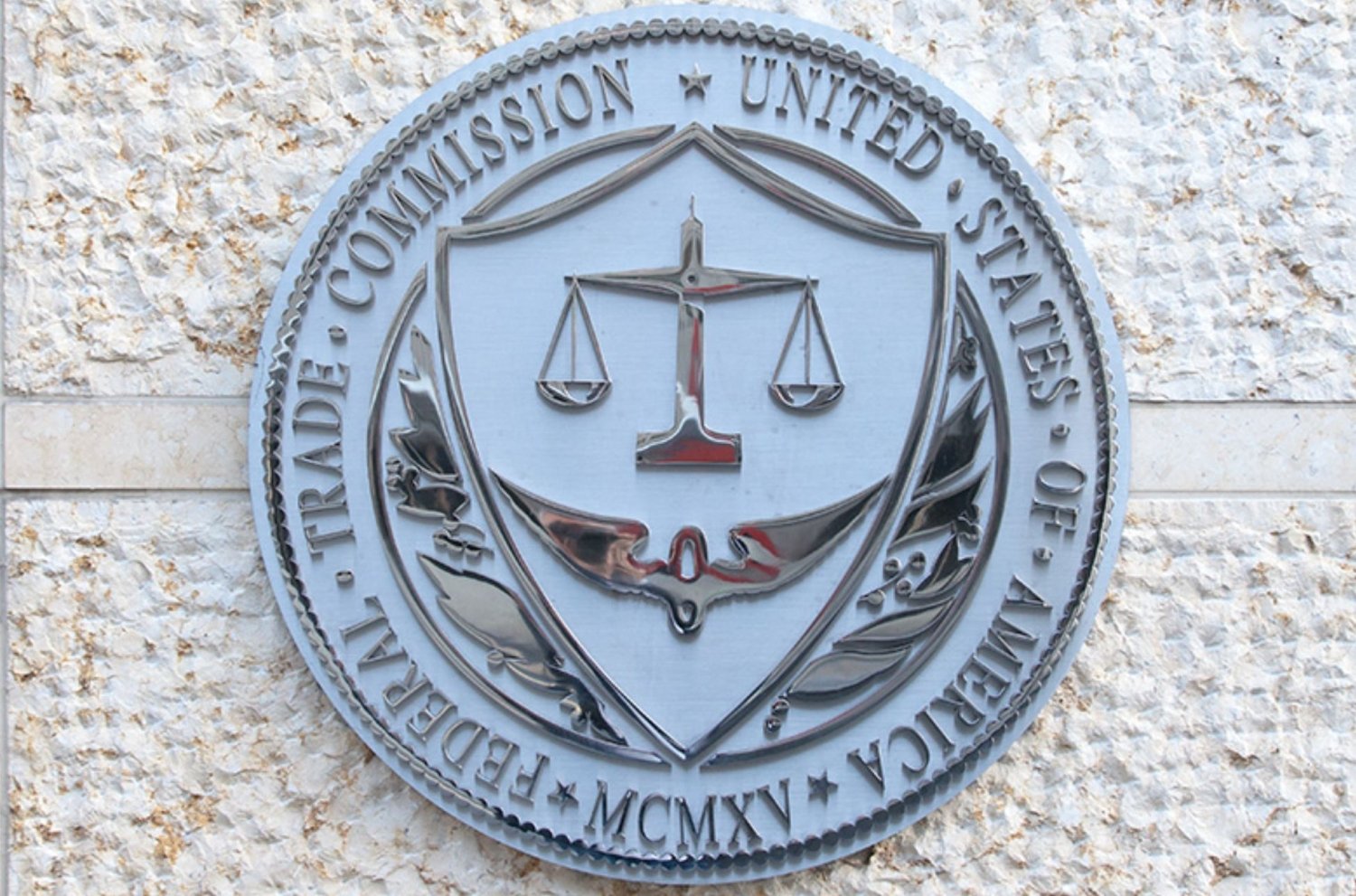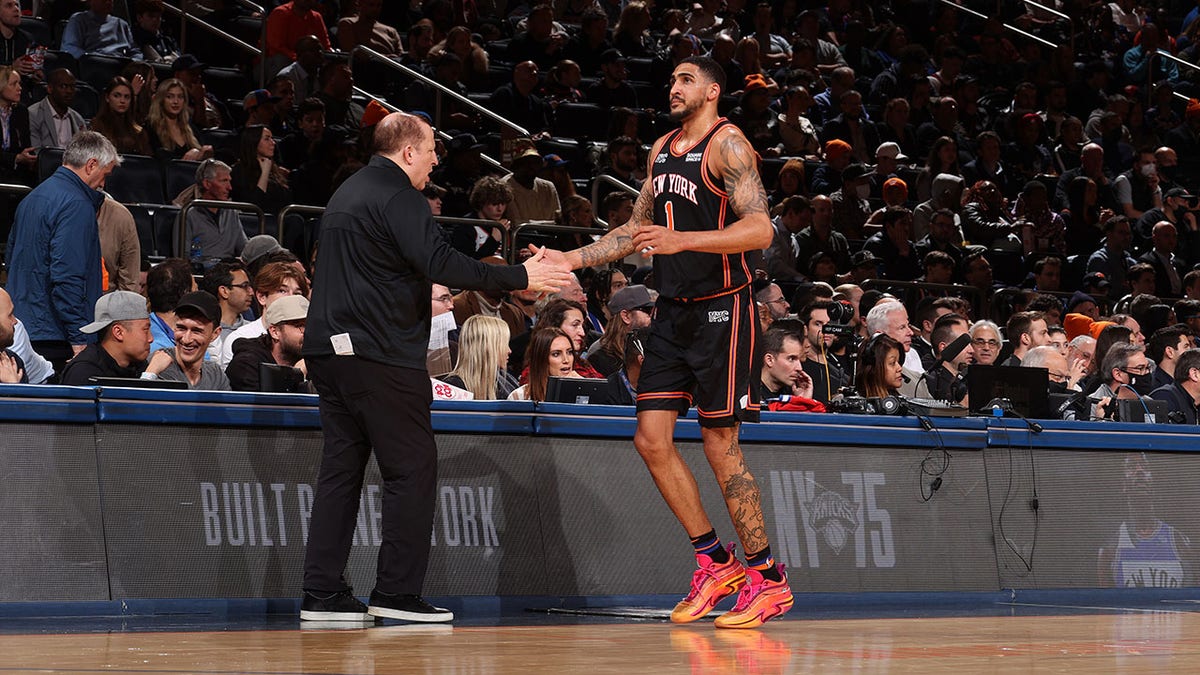FTC To Appeal Microsoft-Activision Merger: What Happens Next?

Table of Contents
The FTC's Arguments Against the Merger
The FTC's core argument centers on the potential for anti-competitive practices resulting from the merger. Their concerns are multifaceted:
-
Anti-competitive practices: The FTC argues that Microsoft could leverage its ownership of Activision Blizzard to make popular titles, most notably Call of Duty, exclusive to the Xbox ecosystem. This could severely harm competitors like PlayStation and Nintendo, potentially pushing them out of the market or forcing them to offer inferior gaming experiences. This exclusivity could stifle innovation and reduce consumer choice.
-
Market dominance: The merger would significantly increase Microsoft's market share in the gaming console, subscription services (like Xbox Game Pass), and cloud gaming markets. The FTC fears this consolidated power could allow Microsoft to dictate prices, limit competition, and ultimately harm consumers.
-
Harm to consumers: The FTC's central argument is that the merger will lead to higher prices for gamers, a reduction in the availability of popular titles across different platforms, and a less diverse gaming market overall. Less competition means less incentive for innovation and improvement.
-
Cloud Gaming Concerns: The FTC also highlighted Microsoft's ambitions in cloud gaming. They worry that controlling both the infrastructure (Azure) and popular game titles through Activision Blizzard would allow Microsoft to dominate the cloud gaming market, potentially locking out competitors and limiting consumer choice.
Microsoft's Defense and Counterarguments
Microsoft has vigorously defended the merger, asserting that it will benefit gamers and not harm competition. Their counterarguments include:
-
Commitment to Call of Duty's Multiplatform Availability: Microsoft has publicly committed to keeping Call of Duty available on PlayStation for at least ten years, even going so far as to sign legally binding agreements to that effect. This is a significant concession aimed at addressing the FTC's concerns regarding exclusivity.
-
Benefits for Gamers: Microsoft highlights the expansion of Xbox Game Pass, offering players broader access to a wider library of games, including Activision Blizzard titles. They argue this enhances the gaming experience for consumers.
-
Rebuttal of Market Dominance Claims: Microsoft argues that its market share, even with the acquisition, will not reach a level that would constitute a monopoly. They point to the ongoing competition from Sony, Nintendo, and other players in the industry.
-
Concessions to Address FTC Concerns: Beyond the Call of Duty commitment, Microsoft has made other concessions to appease regulatory bodies, demonstrating a willingness to negotiate and address concerns. The exact nature of these concessions may become clearer as the appeal process unfolds.
The Appeal Process: Timeline and Potential Outcomes
The FTC's appeal will be heard by the 9th Circuit Court of Appeals. This process can be lengthy and complex. The timeline is uncertain, but it could involve:
- Briefing and Filing: Both sides will submit legal briefs outlining their arguments.
- Oral Arguments: The court will hear oral arguments from both the FTC and Microsoft.
- Decision: The court will issue a ruling, which could uphold the judge's decision to block the merger or reverse it, allowing the merger to proceed.
Potential Outcomes:
-
FTC Wins, Merger Blocked: The court could side with the FTC, permanently blocking the merger. This would be a significant victory for the regulators and a setback for Microsoft.
-
Microsoft Wins, Merger Proceeds: The court could overturn the lower court's decision, allowing the merger to proceed. This outcome would represent a major win for Microsoft and Activision Blizzard.
-
Settlement Reached: It's possible that a settlement could be reached between the FTC and Microsoft before or during the appeal process. This would involve Microsoft agreeing to certain conditions to address the FTC's concerns.
The court’s decision will be influenced by legal precedent and past rulings on similar merger cases, making it a crucial test case for future tech industry mergers.
Impact on the Gaming Industry: Long-Term Consequences
The outcome of this appeal will have far-reaching consequences for the gaming industry:
-
Game Pricing and Availability: The decision could significantly impact the pricing and availability of games, particularly those from Activision Blizzard. A blocked merger could keep prices lower and games more widely available.
-
Competition Among Gaming Companies: The appeal's outcome will shape the competitive landscape, influencing the strategies and market positions of major players like Sony, Nintendo, and other game developers.
-
Development and Distribution of Future Games: The ruling could influence how future games are developed and distributed, potentially impacting the business models of game studios and publishers.
-
The Future of Cloud Gaming: The appeal’s outcome sets a precedent for cloud gaming regulation, shaping how this sector will develop and evolve.
-
The Role of Regulatory Bodies: The FTC’s actions demonstrate the growing role of regulatory bodies in overseeing the tech industry and their increasing scrutiny of large mergers.
Conclusion: The Future of the Microsoft-Activision Merger and What it Means for Gamers
The FTC's appeal of the Microsoft-Activision merger is a pivotal moment for the gaming industry. The potential outcomes – a blocked merger, a successful acquisition, or a negotiated settlement – will profoundly impact game pricing, competition, and the future of gaming as a whole. The legal arguments, the appeal process, and the court's ultimate decision will shape the landscape for years to come. Stay informed about the ongoing FTC vs. Microsoft-Activision merger appeal for crucial updates that will shape the future of gaming. Follow us for further analysis and insights into this pivotal case. Understanding the implications of this Microsoft Activision merger is crucial for anyone interested in the future of gaming.

Featured Posts
-
 New York Knicks Thibodeau Demands More Resolve After Crushing Defeat
May 17, 2025
New York Knicks Thibodeau Demands More Resolve After Crushing Defeat
May 17, 2025 -
 Pga Championship A Surprise Leader After A Challenging First Day
May 17, 2025
Pga Championship A Surprise Leader After A Challenging First Day
May 17, 2025 -
 Analyzing Ralph Laurens Fall 2025 Riser Collection
May 17, 2025
Analyzing Ralph Laurens Fall 2025 Riser Collection
May 17, 2025 -
 Jalen Brunson And Ali Marks Their Relationship And Life Off The Court
May 17, 2025
Jalen Brunson And Ali Marks Their Relationship And Life Off The Court
May 17, 2025 -
 Analiza Trzista Nekretnina Srpski Kupci U Fokus
May 17, 2025
Analiza Trzista Nekretnina Srpski Kupci U Fokus
May 17, 2025
